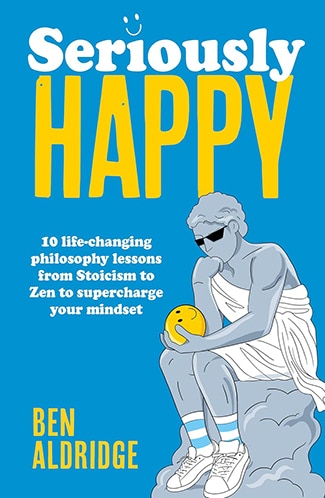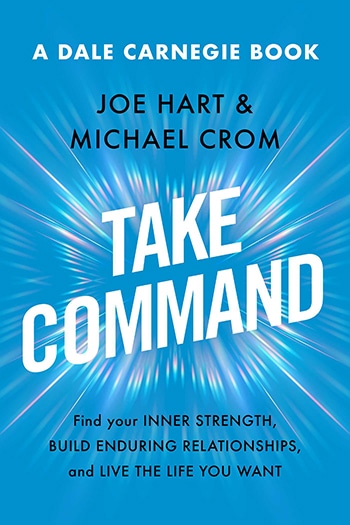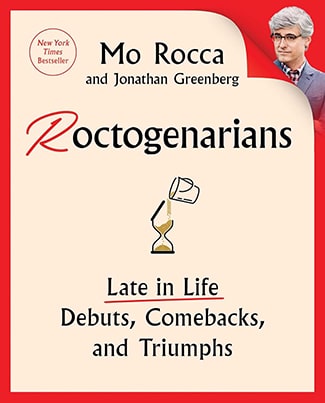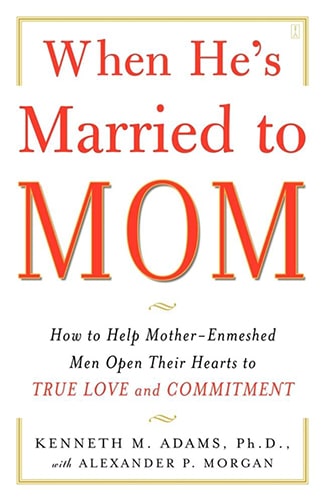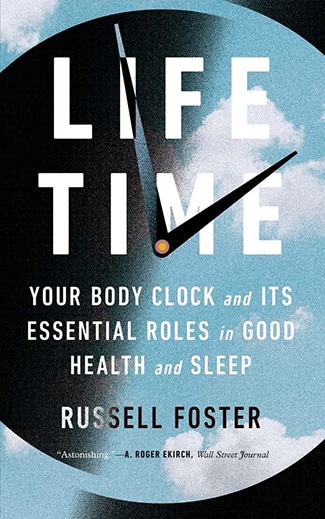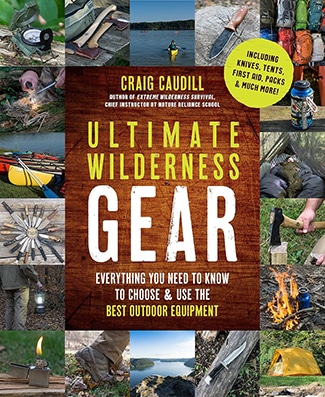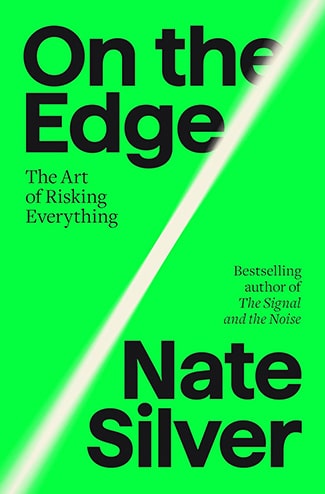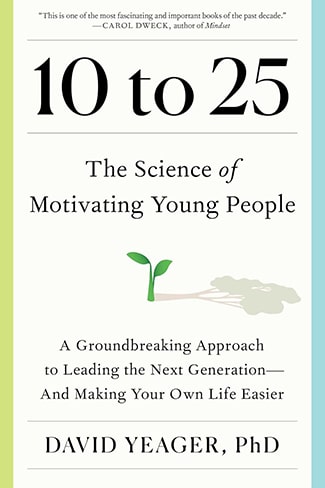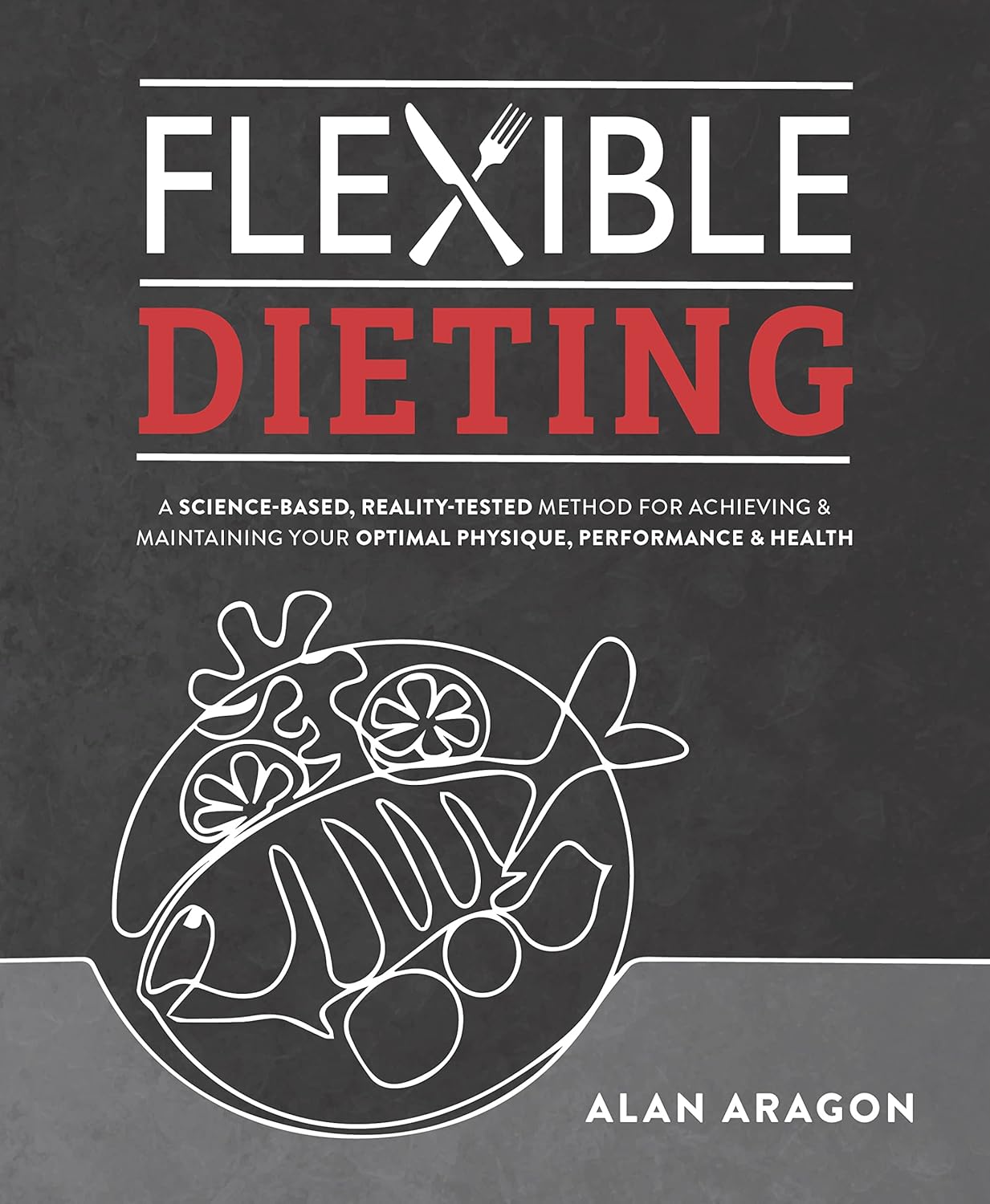Podcast Summary
Unlocking the Healing Power of Fasting: Fasting detoxifies, heals, and rests the body, leading to alleviated symptoms, tranquility, better sleep, and spiritual growth. It allows the body to focus on eliminating toxins and healing, while also fostering deeper connections during meals.
Fasting, an ancient practice that has been used for both health and spiritual reasons for thousands of years, offers numerous benefits for the body and mind. According to Father Tom Ryan, a priest and author of "The Sacred Art of Fasting," fasting allows the body to detoxify, heal, and rest. Health benefits include alleviating symptoms of various ailments, feeling more tranquil, better sleep, and freeing up time for deeper pursuits. Fasting also has spiritual significance in various religions and can be practiced by anyone, regardless of religious affiliation. By relieving the body of the burden of digesting food, it can focus on eliminating toxins and healing. Additionally, fasting can lead to a greater sense of connection and deeper sharing during meals.
Rediscovering the interconnected spiritual and physical benefits of fasting: Explore fasting as an embodied spiritual practice for overall renewal, combining physical health and spiritual connection to God.
Fasting is a spiritual discipline with both physical and spiritual benefits. The speaker, a Catholic priest, shares his personal experience of rediscovering fasting during a university-sponsored day of fasting for World Hunger. He was struck by the physical and spiritual renewal he experienced and became interested in exploring the practice further. However, he found that the literature on fasting was often divided into two categories: those focusing on the physical benefits of body ecology and those emphasizing the spiritual connection to God. The speaker believed that fasting should be approached as an embodied spiritual practice, where the physical and spiritual benefits are interconnected. He encourages integrating both aspects for overall well-being.
Fasting as a Spiritual Discipline: Fasting is a spiritual practice that refocuses attention on faith, clarifies priorities, and reaffirms commitment to God, offering health benefits and a holistic approach to spiritual growth.
Fasting is more than just a physical practice; it's a spiritual discipline that helps individuals prioritize their relationship with God. By voluntarily going without food, individuals can refocus their attention on their faith and remember that God is their ultimate source of nourishment and well-being. Fasting also offers health benefits, but its spiritual significance goes beyond the body. It's a deliberate act that clarifies priorities and reaffirms one's commitment to God. Fasting is an adventure that explores the unity of body, mind, and spirit, offering a holistic approach to spiritual growth and communication with the divine.
Exploring the spiritual significance of fasting in Judaism: Fasting in Judaism is a spiritual practice that promotes self-restraint, social solidarity, and deeper connection with God through purification and self-affliction.
Fasting, a spiritual practice embraced by numerous religions worldwide, serves as a means to connect deeper with the divine and cultivate values such as self-restraint, social solidarity, and penance. Fasting is not just about physical and mental purification but also an invitation to awareness, compassion, and attunement to the divine presence. For Jews, fasting holds significant importance, rooted in the story of Moses' 40-day fast and established in the Mosaic Law. Fasting is obligatory for Jewish adults and serves various purposes, including purification, self-affliction, and mourning. It's a way to express true intent towards God and strengthen one's spiritual connection.
Fasting in Judaism and Islam: Spiritual Growth and Repentance: Fasting is a spiritual practice in Judaism and Islam, promoting self-control, empathy, and gratitude through periods of abstinence from food and drink, with the ultimate goal of spiritual growth and reconnection with God.
Fasting is a significant practice in both Judaism and Islam, serving as a means for spiritual growth and repentance. During these periods of abstinence from food and drink, individuals seek reconciliation, purification, and reconnection with God. In Judaism, there are two major fasts – Yom Kippur and Tisha B'Av – and five minor fasts commemorating various historical tragedies. Muslims observe fasting as one of the five pillars of their faith, aiming for self-restraint, piety, or Allah consciousness, known as takwa. Both religions view fasting as an opportunity to learn self-control, develop empathy, and express gratitude to God.
Communal spirituality during Ramadan and Buddhism: Ramadan's communal fasting fosters empathy and solidarity, while Buddhism's fasting promotes self-control and compassion
During the Islamic holy month of Ramadan, Muslims engage in fasting not just for personal spiritual growth, but also to foster a strong sense of community and empathy for those in need. This communal spirituality is expressed through sharing resources and coming together to break the fast each evening. The practice of fasting during Ramadan serves as a reminder of the importance of compassion and solidarity within the Muslim community. Additionally, fasting is also a significant aspect of Buddhism as a spiritual discipline, with the belief that it helps individuals gain self-control, purify the mind, and develop compassion towards others.
Buddhism and Christianity's Perspective on Fasting: Both Buddhism and Christianity value fasting for self-control and purification, but Buddhism emphasizes moderation after Siddhartha's experimentation, while Christianity sees it as a spiritual discipline recognizing God's reign.
Both Buddhism and Christianity value the practice of fasting as a method of self-control and purification, but with different perspectives. Siddhartha Gautama, the founder of Buddhism, experimented with extreme asceticism but eventually realized that moderation was the way to liberation. Buddhists continue to practice fasting, usually abstaining from solid food during certain days and holidays. In Christianity, Jesus and Paul did not make fasting a requirement, but it became a spiritual discipline as a recognition of the ongoing reign of God and a means of deepening one's union with Him. Both traditions emphasize the importance of balance and avoiding extremes.
Liberation through Discipline in Christian Fasting: Christian fasting is a holistic practice that enables us to prioritize spiritual growth and appreciate freedom through grace, interconnected with prayer, works of charity, and justice, and can be practiced continuously throughout the year for mental and physical benefits.
Christian fasting is about liberation through discipline, not about punishing the body or expiating sin. It's a holistic practice that enables us to prioritize and appreciate the freedom given through grace. Fasting, prayer, works of charity and justice form the core of Christian life and are interconnected. Fasting is not just for specific seasons but a continuous practice throughout the year. It's about creating space for something greater, like spiritual growth or communion with a higher power. Fasting can bring quiet joy as it's an embodied prayer and a way to connect with the spiritual realm. Even if one is not religious or a theist, the physical and mental discipline of fasting can have holistic benefits.
Fasting as a Spiritual Discipline: Ease into fasting with purpose and intention, maintaining energy and detoxifying the body through water or juice fasts, or explore alternative forms of fasting for spiritual growth.
Fasting goes beyond just personal health benefits; it also holds spiritual significance. To practice fasting as a spiritual discipline, start by easing into it with purpose and intention, such as giving up one meal and framing it with prayer. Water and juice fasts are recommended for beginners, as they enable maintaining energy levels and detoxifying the body while keeping the desire for food alive. For those unable to fast from food, consider alternative forms of fasting, such as fasting with your eyes (less screen time) or with your ears (more introspection). The key is to hold the outer form and inner intention in harmonious balance, making fasting a sacred art that fosters self-love and love for others.
Explore the spiritual side of fasting: Fasting goes beyond food abstention, it's a spiritual practice with various forms and intentions. Engage in it to deepen your spiritual connection.
Fasting is more than just abstaining from food; it's a spiritual practice with various forms and intentions. You can fast with your hands by taking a break from things that irritate you, or fast with your feet by resisting the modern compulsion to be constantly on the move. Additionally, you can fast from negative emotions like anger, resentment, or judgment towards others. The key is to approach fasting with the right intent and engage in it as a means to deepen your spiritual connection. For more information, visit Father Tom Ryan's website at TomRyan.csp.org. Consider re-engaging with this life-giving practice, especially during the Lenten season, and explore the rich and universal spiritual tradition of fasting.

